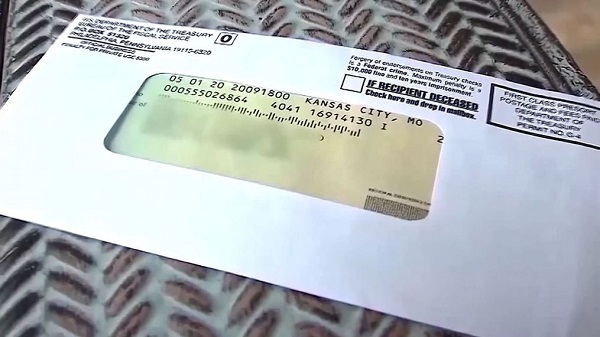The IRS stimulus checks, officially known as Economic Impact Payments, have provided financial relief to millions of Americans during challenging times.
However, not everyone qualifies for these payments, and the eligibility criteria can sometimes be confusing.
Understanding whether you qualify is crucial to ensure you don’t miss out on the financial assistance you may be entitled to. Here’s a clear guide to determine your eligibility for an IRS stimulus check.
1. Income Thresholds: Do You Meet the Criteria?
Your income is one of the most important factors in determining your eligibility for a stimulus check. The IRS uses Adjusted Gross Income (AGI), as reported on your tax return, to assess eligibility.
- Full Payments:
- Single filers: AGI of $75,000 or less
- Married filing jointly: AGI of $150,000 or less
- Head of household: AGI of $112,500 or less
- Partial Payments:
Payments phase out as income increases. For example, single filers earning over $99,000, or couples earning over $198,000, typically don’t qualify.
2. Tax Filing Status: Have You Filed a Tax Return?
Filing your taxes is critical. The IRS primarily uses the information from your most recent tax return to determine eligibility and payment amounts.
- If you haven’t filed a return for the relevant years, you may need to do so to claim your stimulus check.
- Non-filers, such as those with little to no income, can still qualify. The IRS provided a special tool for non-filers during stimulus distributions.
3. Citizenship and Residency Requirements
To qualify for a stimulus check:
- You must be a U.S. citizen or resident alien.
- Non-resident aliens are generally ineligible.
- Individuals with a valid Social Security number are prioritized, but there are specific exceptions for families with mixed immigration statuses.
4. Dependent Status: Are You Claimed by Someone Else?
If someone claims you as a dependent on their tax return, you’re not eligible for a stimulus payment. This primarily affects college students, elderly individuals, and others who may be listed as dependents.
5. Changes in Your Circumstances
Your eligibility may change based on life events such as:
- Marriage or Divorce: Adjusts income thresholds for joint filings.
- Having a Child: Additional stimulus amounts are provided for eligible dependents.
- Income Loss: If your income decreased recently, you might qualify based on new tax filings.
6. Claiming Missing Stimulus Payments
If you were eligible but didn’t receive your payment, or if you received less than you should have, you can claim the Recovery Rebate Credit. This credit is applied when you file your next tax return and allows you to receive the owed amount.
7. Common Reasons for Ineligibility
Here are a few situations where you may not qualify for a stimulus payment:
- Your income exceeds the maximum thresholds.
- You’re claimed as a dependent on someone else’s tax return.
- You’re a non-resident alien without a valid Social Security number.
How to Check Your Eligibility
The IRS provides tools and resources to help individuals determine their eligibility:
- Get My Payment Tool: Tracks your payment status.
- IRS Recovery Rebate Credit Calculator: Helps claim any missing payments.
Final Thoughts
Determining your eligibility for an IRS stimulus check might seem complex, but understanding the key factors—like income, tax filing status, and citizenship—simplifies the process. If you believe you qualify but haven’t received your payment, act quickly by filing your tax return or using the IRS’s tools to claim your payment.
Financial relief is just a step away for those who meet the criteria. Don’t miss out—stay informed and take action today!
Also Read
Wegmans Christmas Hours 2024: Everything You Need to Know
Is Casey’s open on Christmas? Here’s what you need to know
